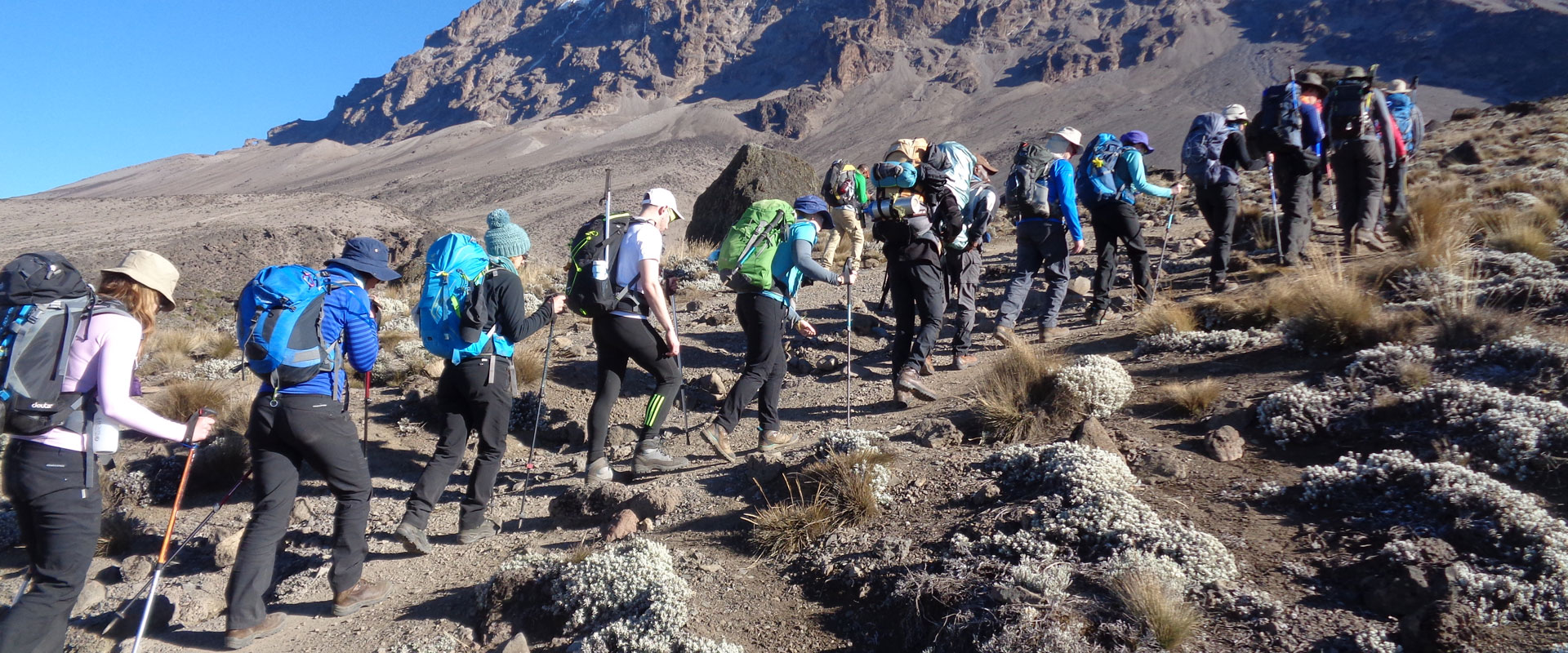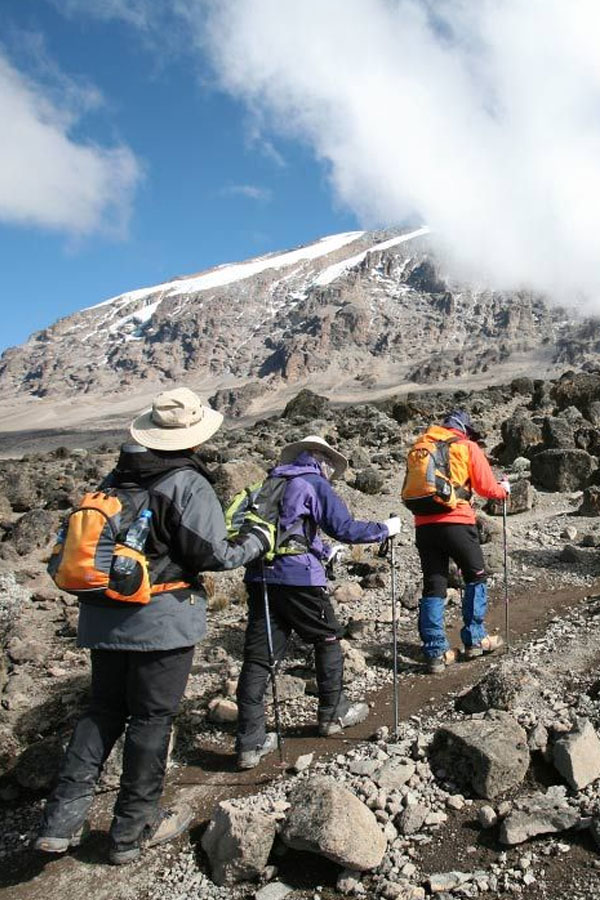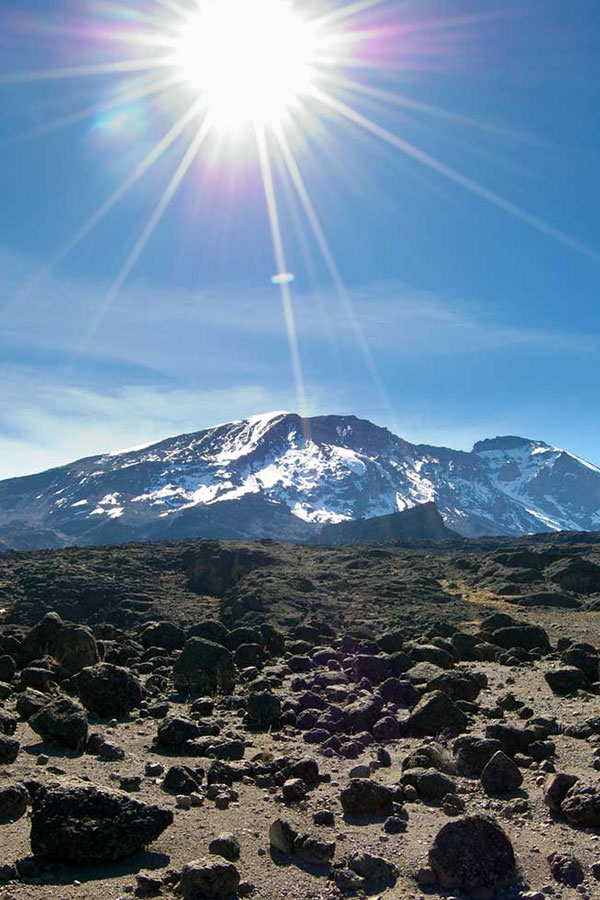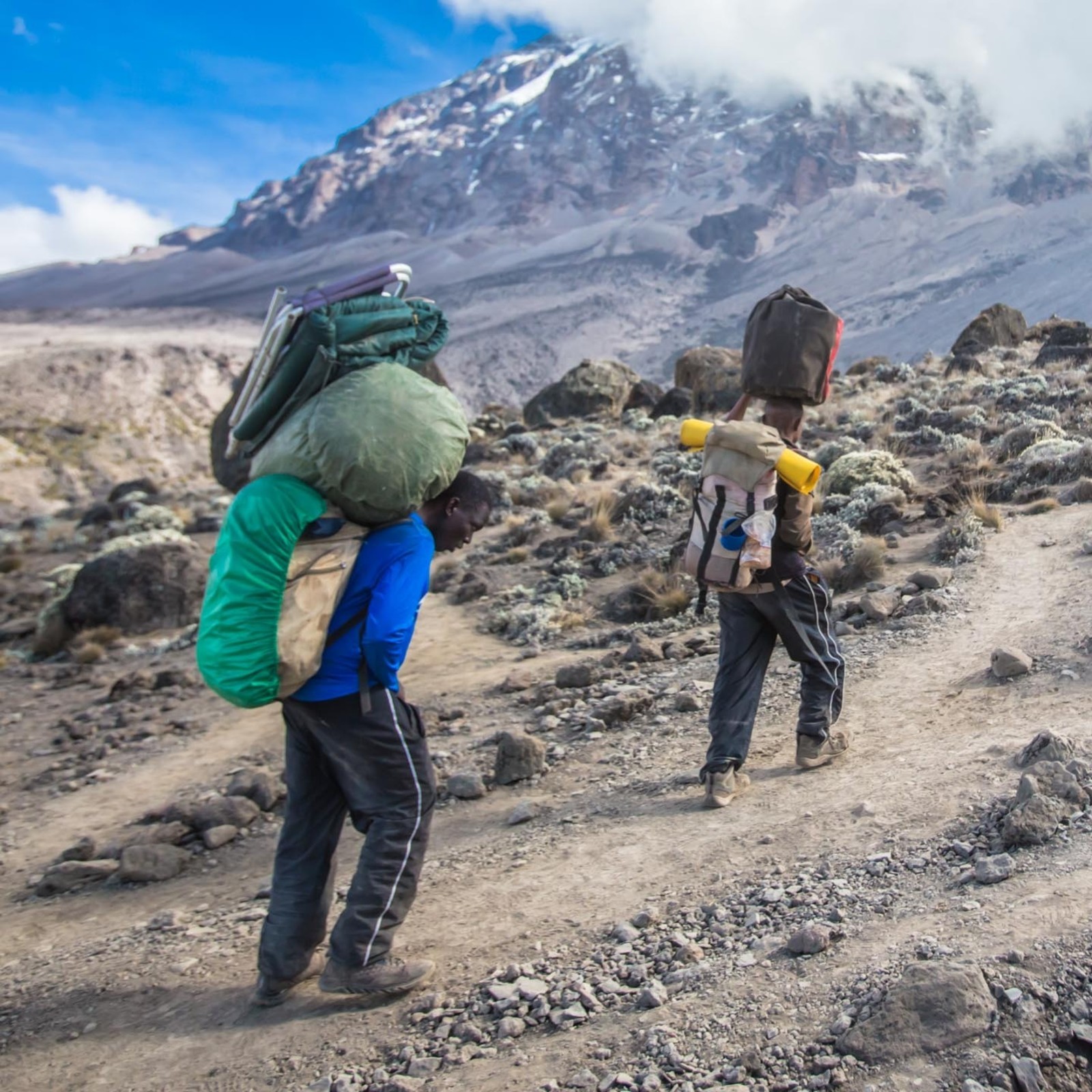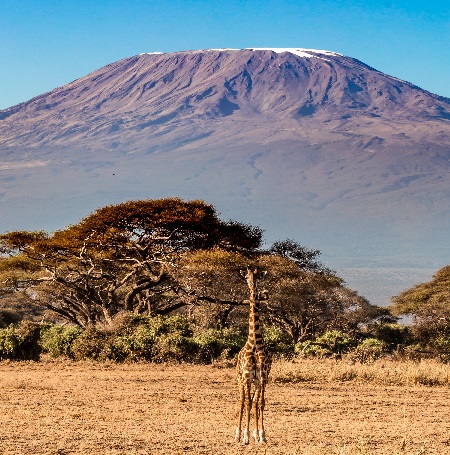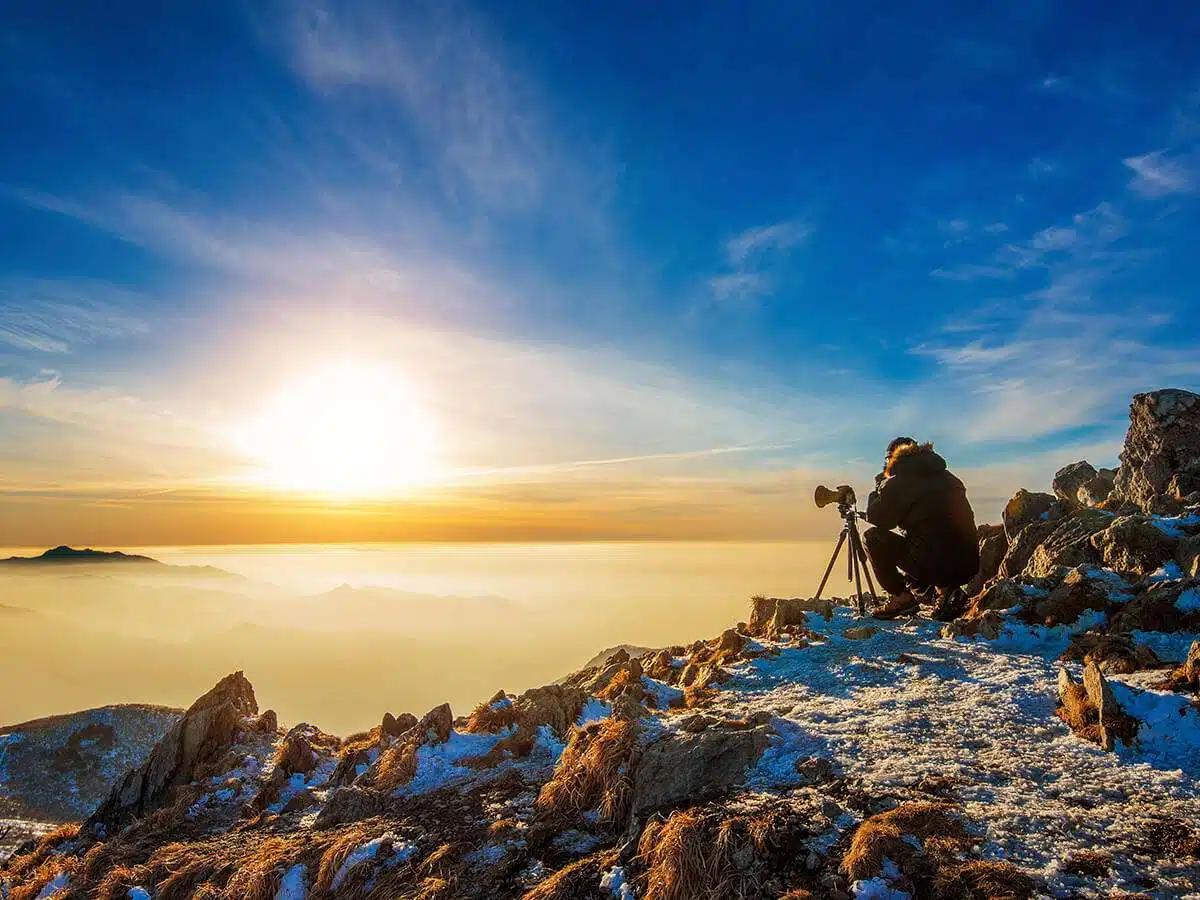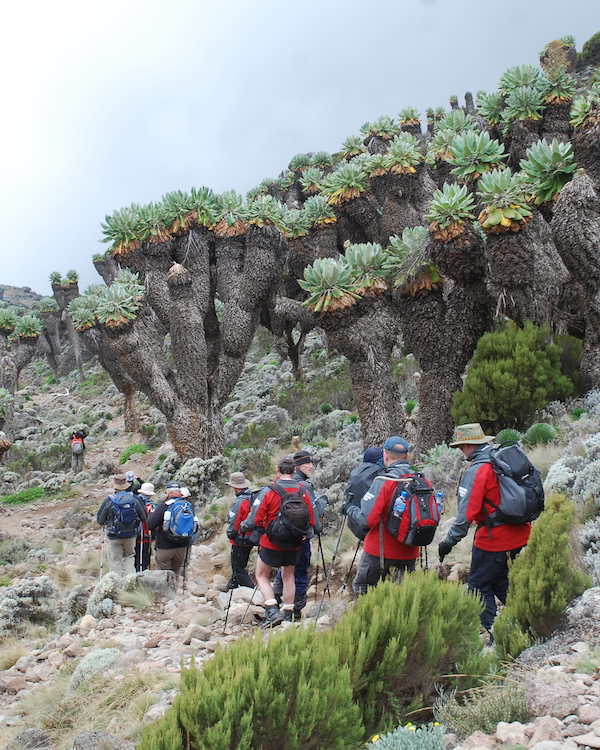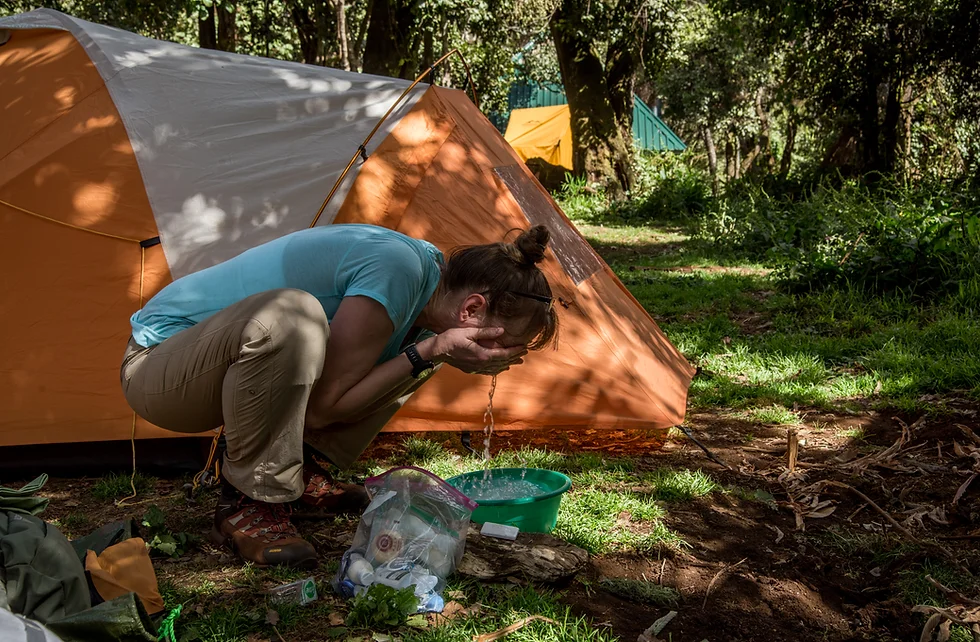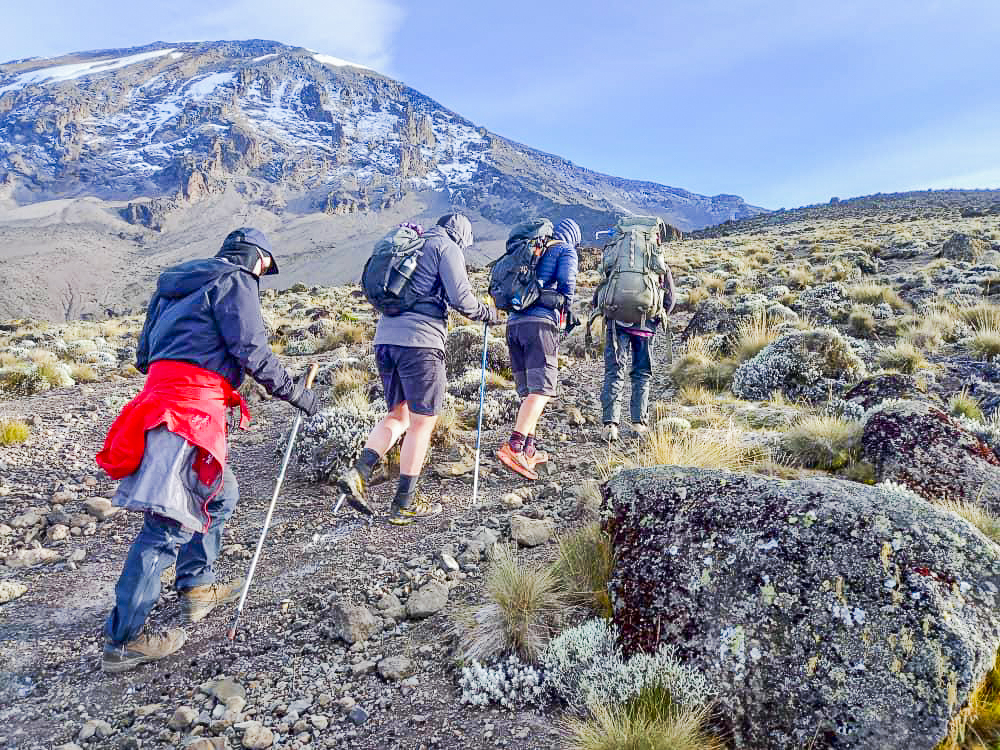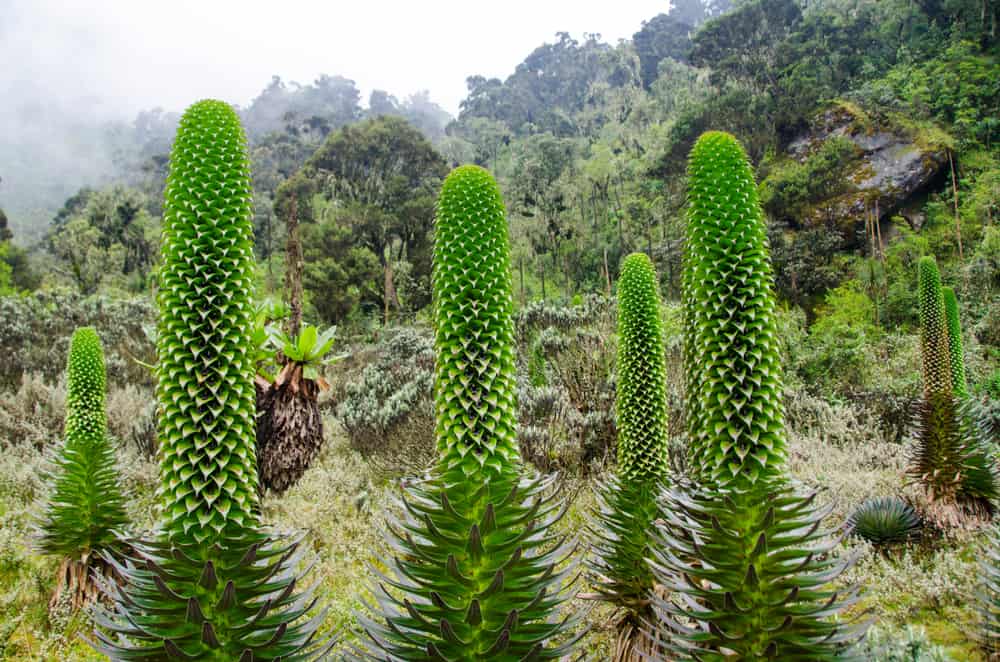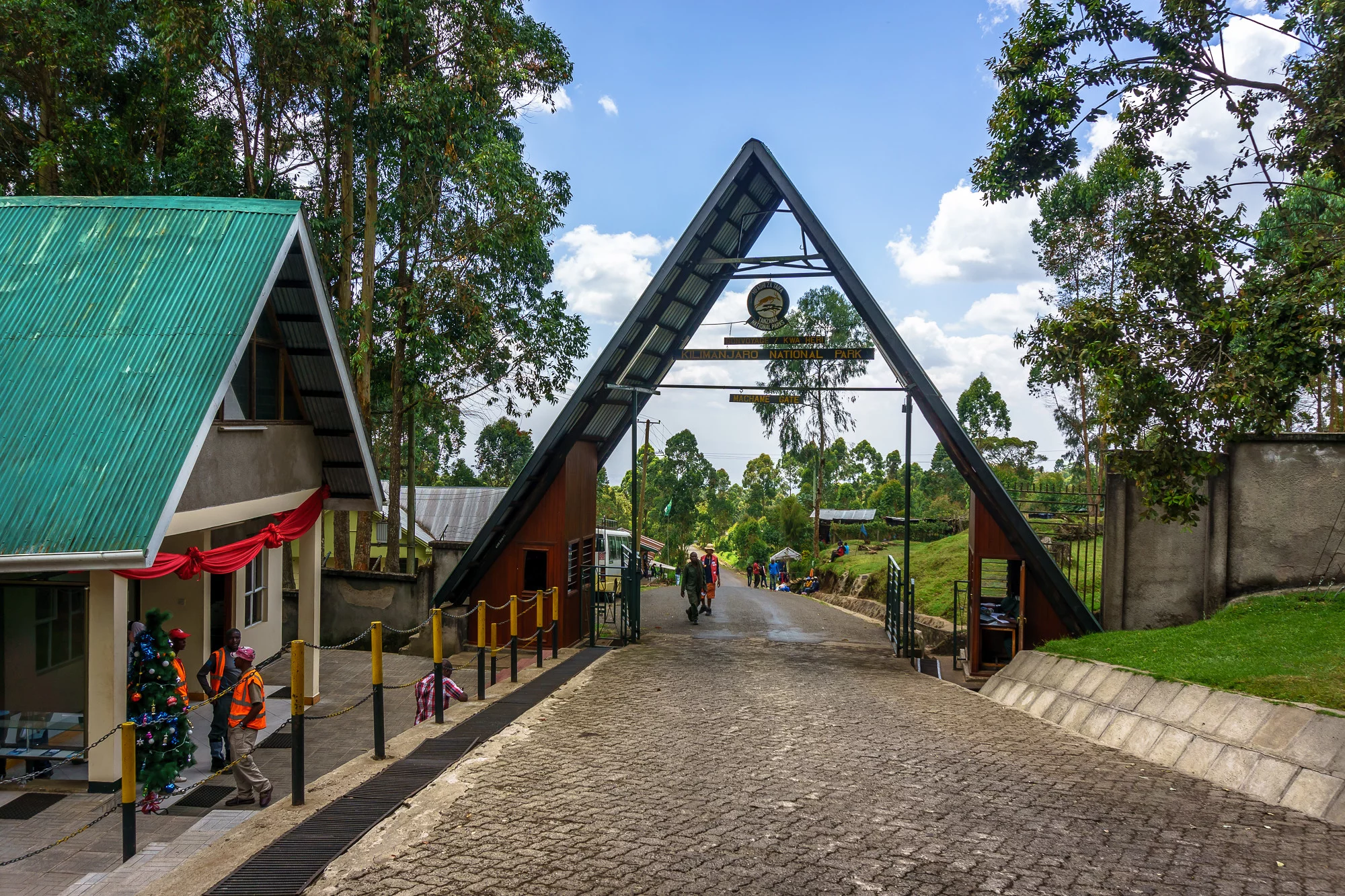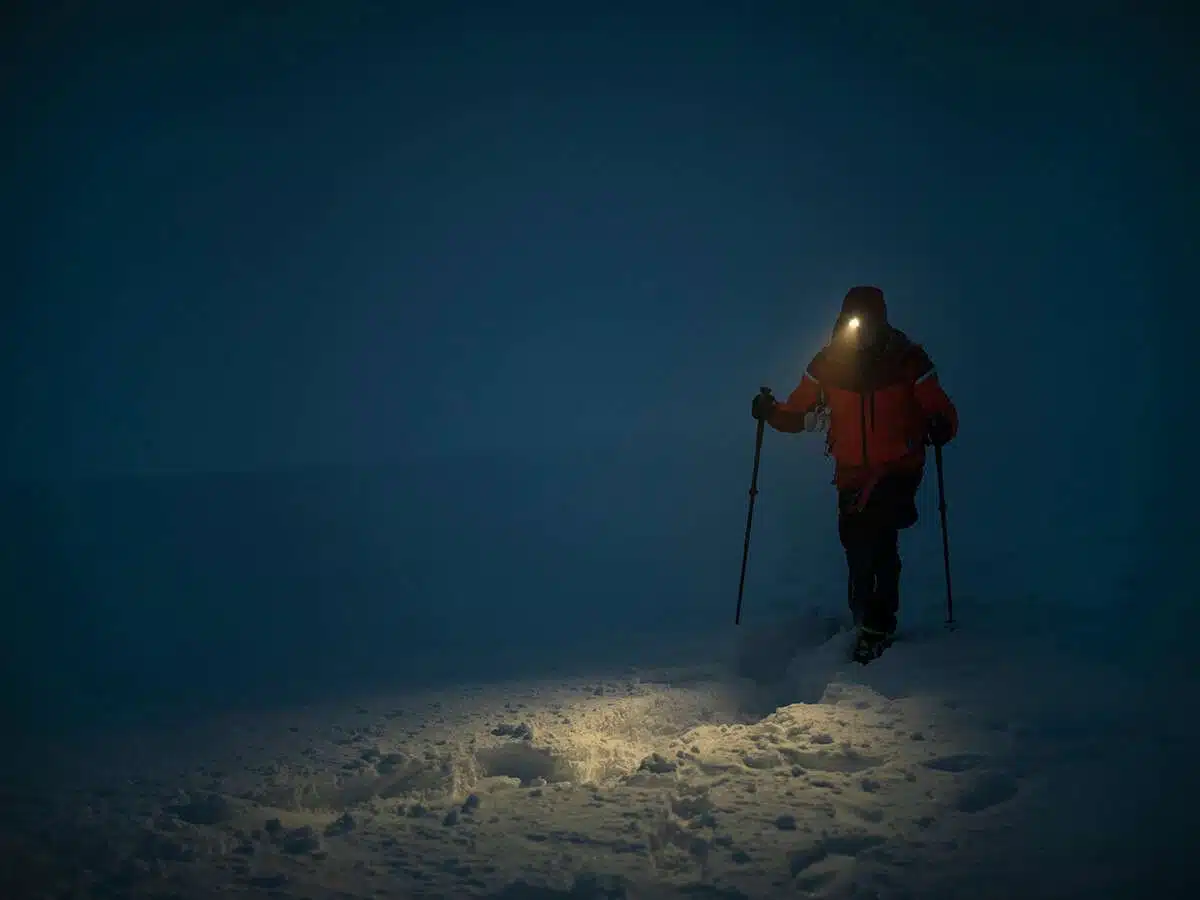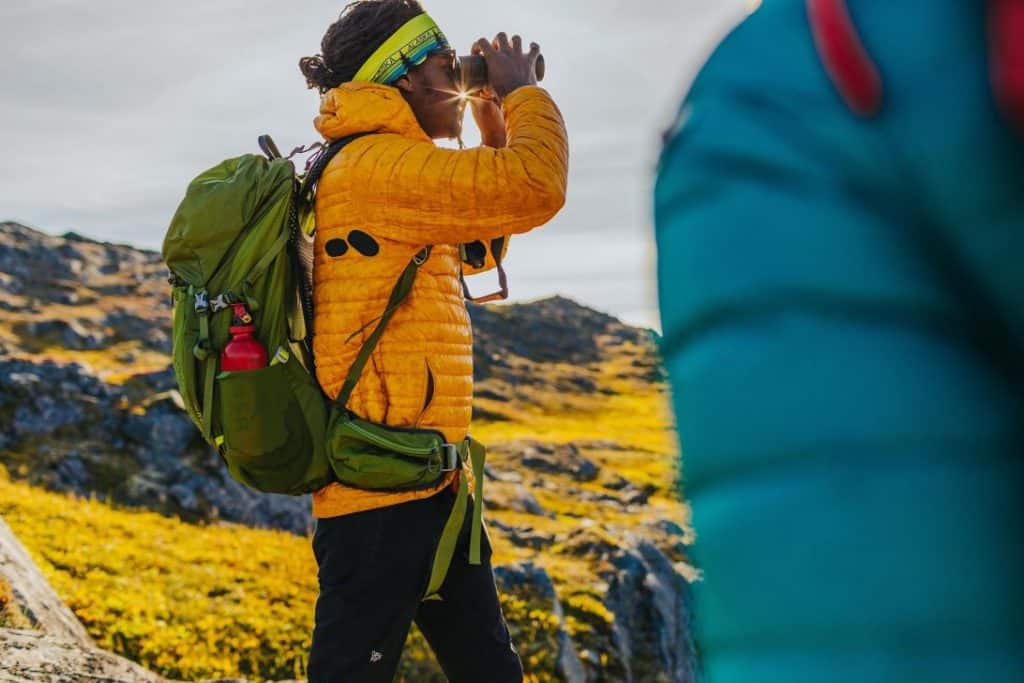Facts About Mount Kilimanjaro::
Most effective ways to prepare for climbing Kilimanjaro is in order of importance. As you start ticking off the list of things that need to be done in preparation for climbing Kilimanjaro, then you can also check out our top tips for climbing Kilimanjaro. Everyone has different concerns and questions, so if you are looking for specific information.
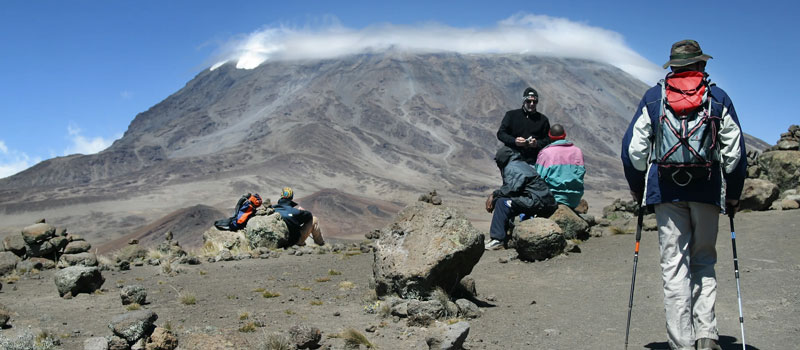
What to Expect During Your Trek
Embarking on a Kilimanjaro trek is an unforgettable adventure filled with awe-inspiring landscapes, physical challenges, and moments of personal triumph. To ensure you're fully prepared for the journey ahead, here's what you can expect during your Kilimanjaro trek with Jiwe Adventures:
Diverse Landscapes
As you ascend Kilimanjaro, you'll traverse diverse ecosystems, each with its own unique beauty. From lush rainforests teeming with exotic flora and fauna to barren alpine deserts dotted with otherworldly rock formations, the landscapes you'll encounter are truly breathtaking.
Varied Terrain
Kilimanjaro's trails encompass a range of terrain, from gentle slopes to steep inclines and rocky paths. You'll navigate through dense forests, rocky ridges, and snow-covered slopes, experiencing a variety of challenges along the way.
Altitude Changes
Ascending to Kilimanjaro's summit involves significant altitude gain, with trekkers reaching heights of over 19,000 feet (5,895 meters). As you climb higher, you'll likely experience symptoms of altitude sickness, such as headaches, nausea, and fatigue. It's essential to acclimatize slowly, listen to your body, and follow your guides' recommendations to minimize the risk of altitude-related complications.
Weather Variability
Kilimanjaro's weather is notoriously unpredictable, with conditions ranging from scorching heat to freezing temperatures and everything in between. Be prepared for sudden changes in weather, including rain, snow, and high winds, and pack accordingly with layers of clothing to stay comfortable in all conditions.
Physical Challenges
Trekking Kilimanjaro is physically demanding, requiring stamina, strength, and mental resilience. You'll spend long hours on the trail, navigating steep ascents and descents, carrying a backpack filled with essentials, and adjusting to the effects of altitude. Proper physical preparation, including cardiovascular exercise and strength training, will help you tackle the challenges with confidence.
Team Dynamics
Your Kilimanjaro trek is a shared adventure with fellow trekkers and experienced guides who will accompany you every step of the way. Embrace the camaraderie of the trail, support one another through the tough moments, and celebrate your achievements together as you journey towards the summit.
Personal Growth
Climbing Kilimanjaro is not just about reaching the summit; it's also a journey of self-discovery, personal growth, and overcoming obstacles. As you push your limits, face challenges head-on, and persevere through adversity, you'll gain a profound sense of accomplishment and confidence that will stay with you long after the trek is over
Physical Preparation
Build Endurance:
Start by incorporating aerobic exercises such as hiking, running, or cycling into your fitness routine. Aim for at least 30 minutes of moderate-intensity exercise most days of the week to improve cardiovascular endurance.
Strength Training:
Strengthen your lower body muscles, particularly your legs and core, to withstand the demands of trekking uphill. Squats, lunges, and calf raises can help build strength and stability.
Practice Elevation Gains:
If possible, train in environments with elevation gains to simulate the conditions you'll encounter on Kilimanjaro. Gradually increase the intensity and duration of your hikes to build endurance at higher altitudes.
Stay Hydrated:
Hydration is key to acclimatization and overall performance. Drink plenty of water throughout your training to maintain proper hydration levels.
Acclimatization Tips
Gradual Ascent
Opt for a Kilimanjaro route that allows for gradual altitude gain, such as the Lemosho or Northern Circuit routes. Slowly ascending increases your body's ability to acclimatize to higher altitudes.
Stay Active at Altitude
Once on the mountain, maintain a slow and steady pace to prevent altitude sickness. Take frequent breaks, stay hydrated, and listen to your body's signals.
Consider Medication
Consult with your healthcare provider about medications such as acetazolamide (Diamox) to help prevent altitude sickness. However, remember that medication is not a substitute for proper acclimatization and should be used in conjunction with other preventive measures.
Mental Preparation
Set Realistic Expectations
Understand that trekking Kilimanjaro is physically and mentally demanding. Set realistic goals and be prepared to face challenges along the way.
Stay Positive
Maintain a positive attitude and focus on the incredible experience ahead. Visualize yourself reaching the summit and draw strength from your determination to succeed.
Embrace the Journey
Kilimanjaro is not just about reaching the summit but also about the journey itself. Take time to appreciate the stunning landscapes, connect with fellow trekkers, and immerse yourself in the adventure.
Prepare for the Unexpected
Be flexible and adaptable to changes in weather, terrain, and personal comfort. Trust in your guides and fellow trekkers, and be prepared to adjust your plans as needed.
Preparing for a Kilimanjaro trek requires dedication, perseverance, and a willingness to step outside your comfort zone. By following these tips and guidelines, you'll be well-equipped to conquer the challenge and create memories that will last a lifetime. At Jiwe Adventures, we're here to support you every step of the way on your journey to the Roof of Africa.
Latest
Kilimanjaro Guide

Free date changes

Guaranteed refunds

Full financial protection

Jiwe Adventures has been
rated excellent by its customers
Call to build a tailor-made adventure
Submit an enquiry
Contact us by phone or email about your adventure holiday, tour, flight or tailor made travel enquiry
Jiwe Adventures
Pictures taken by our past clients
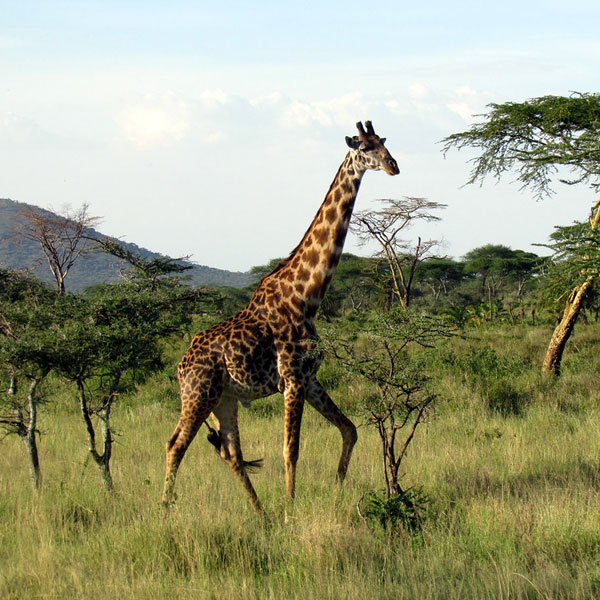


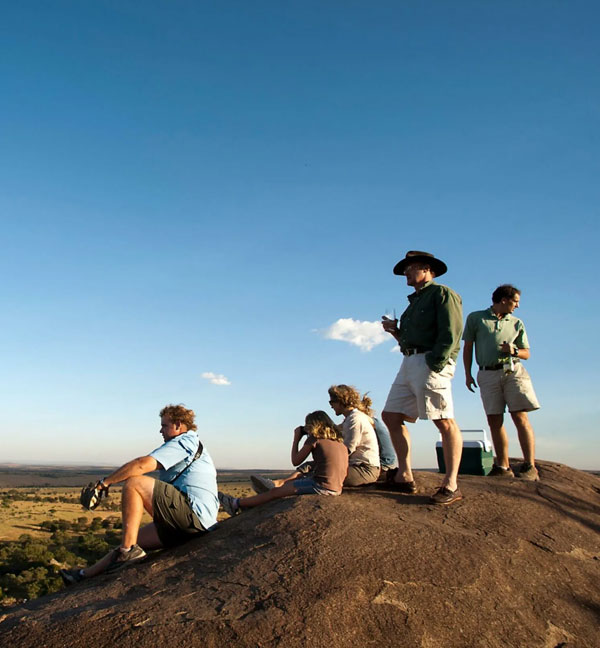


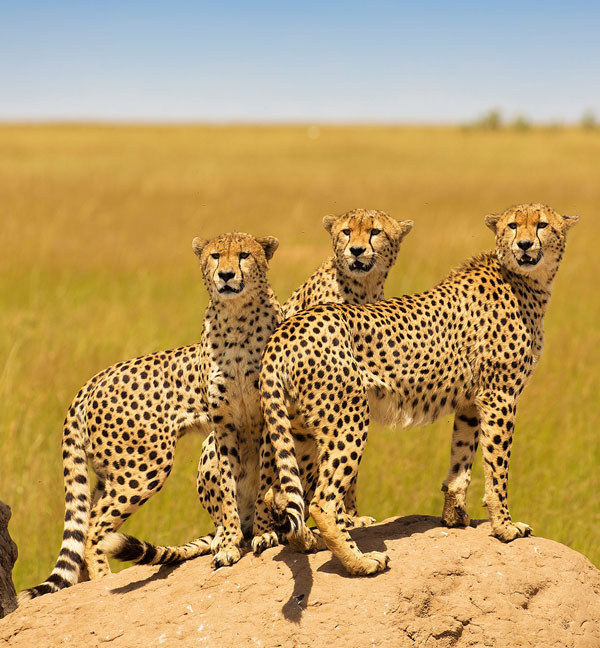
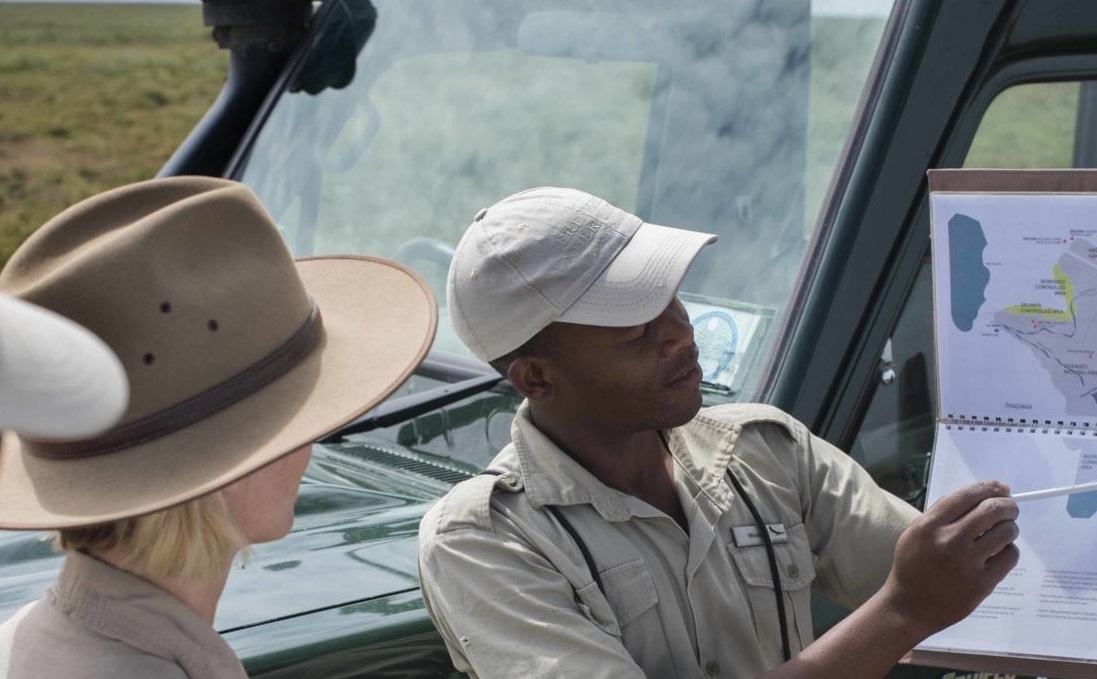
We believe in the value of people. Our travel experts have extensive experience and are here to help with any enquiry. Hope to hear from you soon!
Opening Hours
Monday - Friday
9am - 7pm
Saturday
10am - 4pm
Sunday
10am - 4pm

Trust
Your money is protected by our Trust account and Client account.

Experts
Our team are all experienced travellers, expedition leaders and instructors.
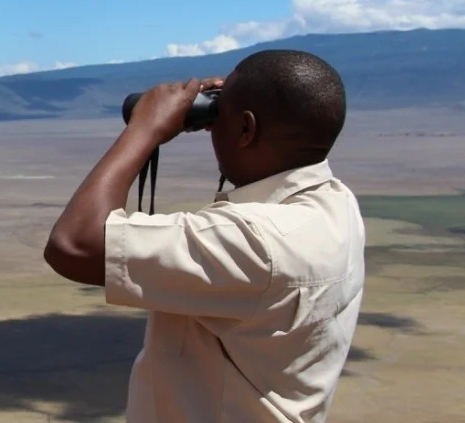

Built For You
We have over 10,000 available tours and something to suit everyone or Build Your own with our Tailor Made Team.
Call our experts on
+255 752 971 075
Flexible
- Free Date Changes
- Monthly Payment Plans
- Low Deposits
- Build Your Own

Value
We promise to make sure you enjoy the highest possible value for your budget.


